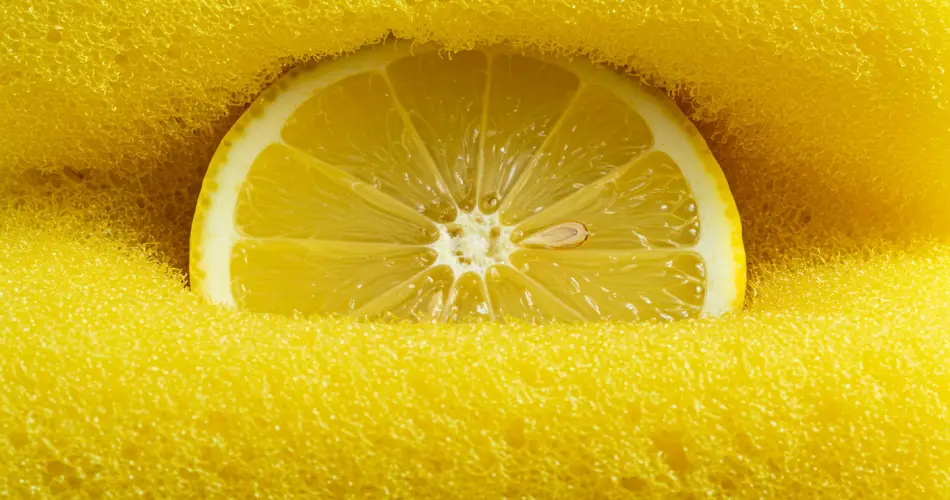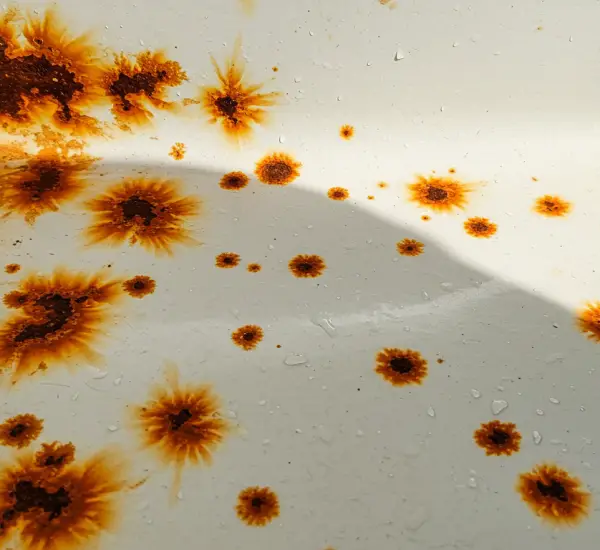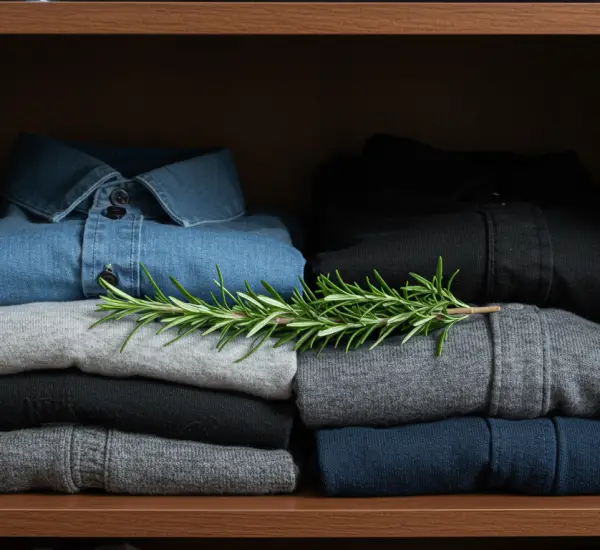Lemons are among the most versatile fruits on the planet. We know them as a kitchen staple, often squeezed into recipes, salads, and refreshing drinks. Yet beyond their culinary uses, lemons are also powerful allies in household cleaning. With their natural degreasing, disinfecting, and deodorizing properties, they have earned a reputation as one of the most effective natural cleaners available—safe, inexpensive, and eco-friendly.
Many households already keep lemons on hand for cooking, but few realize just how many cleaning tasks this humble citrus fruit can tackle. From cutting through grease on pans to polishing stainless steel and even disinfecting bathrooms, lemons can replace or enhance many commercial cleaning products. Here, we’ll explore why lemons work so well, the various ways to use them around the house, and a clever trick involving sponges that can transform your daily dishwashing routine.
Why Lemon Works as a Cleaner
The effectiveness of lemon in cleaning comes down to its natural chemistry.
-
Degreasing power: Lemon juice contains citric acid, which breaks down oils and grease. That’s why just a squeeze of lemon can help cut through stubborn food residue on plates or pans.
-
Antibacterial properties: Studies have shown that lemon juice has antimicrobial qualities, making it a natural disinfectant that can kill germs and bacteria without harsh chemicals.
-
Anti-scale action: Hard water deposits, commonly seen as limescale on faucets, sinks, or glass, dissolve when exposed to lemon’s acidity.
-
Natural fragrance: Unlike chemical cleaners, lemon leaves behind a fresh, citrusy scent that masks odors and keeps the kitchen or bathroom smelling clean.
-
Polishing ability: The acid in lemons helps dissolve dulling residues, leaving metal and glass surfaces shinier than before.
This unique combination of properties makes lemon an all-in-one cleaner that many commercial products attempt to replicate artificially.
Everyday Uses for Lemon in the Kitchen and Home
1. Pre-Cleaning Dishes
Before applying dish soap, you can rub half a used lemon (the kind already squeezed for juice) across greasy plates, pans, or glasses. The acidity cuts through grease quickly, making it easier for soap to finish the job. Not only will your dishes come out cleaner, but they’ll also smell fresh.
2. Polishing Surfaces
Certain materials—like stainless steel sinks, stovetops, or tile—are prone to dullness or water stains. Commercial cleaners sometimes contain harsh chemicals that risk leaving streaks or even permanent marks. Lemon juice, on the other hand, provides a gentle yet effective polish. Simply rub a cut lemon directly on the surface, rinse, and buff with a soft cloth.
3. Removing Odors
Lemon is a natural deodorizer. Rub it on cutting boards to eliminate the lingering smell of garlic, onion, or fish. Drop lemon peels into the garbage disposal and run it with water to neutralize bad smells. Even refrigerators benefit from a small bowl of lemon juice or slices left inside to absorb odors.
4. Tackling Stubborn Bathroom Grime
Bathrooms are breeding grounds for germs, mold, and soap scum. Instead of relying solely on strong disinfectants, try lemon juice on tiles, faucets, or even the toilet bowl. Its natural antibacterial action makes it an excellent aid in maintaining hygiene, while its bright scent refreshes the room.
The Sponge Trick: Lemon Inside the Scrubber
One of the most ingenious ways to harness lemon’s cleaning power is also one of the simplest. Instead of using lemon juice separately, you can insert an actual slice of lemon directly into your dish sponge.
Here’s how to do it:
-
Take a regular kitchen sponge, ideally one with a soft yellow side and a rough green side.
-
Make a small cut or slit between the two layers.
-
Insert a slice of fresh lemon into the slit.
-
Each time you wet the sponge, lemon juice will be released, blending with water and soap to provide natural degreasing and deodorizing action.
This method makes dishwashing more efficient, leaving glasses, plates, and cutlery sparkling clean. It’s especially useful for greasy pans or items that retain stubborn food odors.
A DIY Solution for Quick Cleaning
For those who want a homemade cleaning solution using lemon, here’s an easy recipe that takes only a few minutes to prepare.
Ingredients:
-
2 cups of hot water
-
3 tablespoons of liquid dish soap (any brand)
-
Juice of one lemon
Method:
-
Mix the water, soap, and lemon juice together until well combined.
-
Pour the solution into a spray bottle.
-
Use it to clean stovetops, sinks, faucet handles, or even burner caps.
The combination of hot water and soap loosens grease, while the lemon juice provides natural disinfecting and polishing. With a little scrubbing, surfaces regain their shine.
Boosting Lemon’s Power: Add Baking Soda
Lemon is powerful on its own, but when paired with baking soda, it becomes a cleaning superstar. Baking soda provides gentle abrasion and additional deodorizing ability.
-
For dishes: Sprinkle baking soda on stubborn stains, then scrub with a lemon slice for a foaming action that removes grime.
-
For sinks and stovetops: Combine lemon juice and baking soda into a paste. Spread it over stains or limescale deposits, let it sit for 10 minutes, then scrub.
-
For cutting boards: Rub a lemon half dipped in baking soda over the surface to sanitize and refresh.
Some households even add a splash of vinegar to this mix, creating a natural cleaner that rivals commercial products in effectiveness while being completely safe and eco-friendly.
Final Thoughts
In a world filled with chemical cleaners, lemons stand out as a natural, safe, and effective alternative. Whether used on their own, paired with baking soda, or combined into a DIY cleaning solution, lemons can tackle grease, disinfect surfaces, eliminate odors, and leave your home sparkling clean.
Simple tricks, such as placing a slice of lemon inside your sponge, can transform everyday cleaning into an easier and more pleasant task. With their powerful properties and refreshing fragrance, lemons prove that sometimes the best cleaning solutions are the ones nature has already provided.
So the next time you finish cooking with lemons, don’t throw away the leftover halves—put them to work. You may never look at this citrus fruit the same way again.



